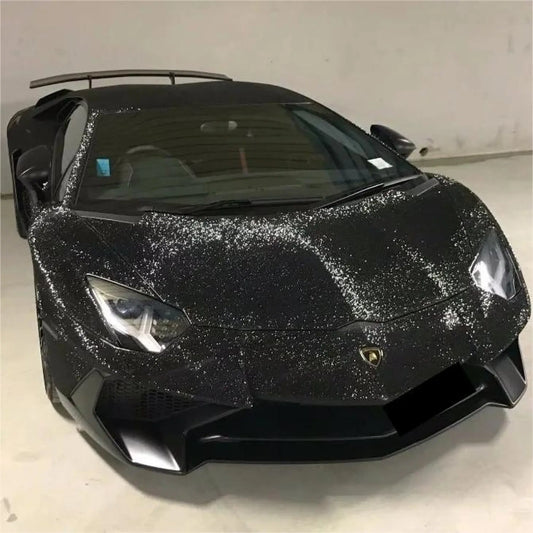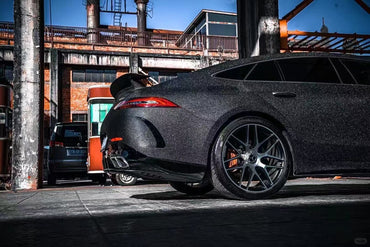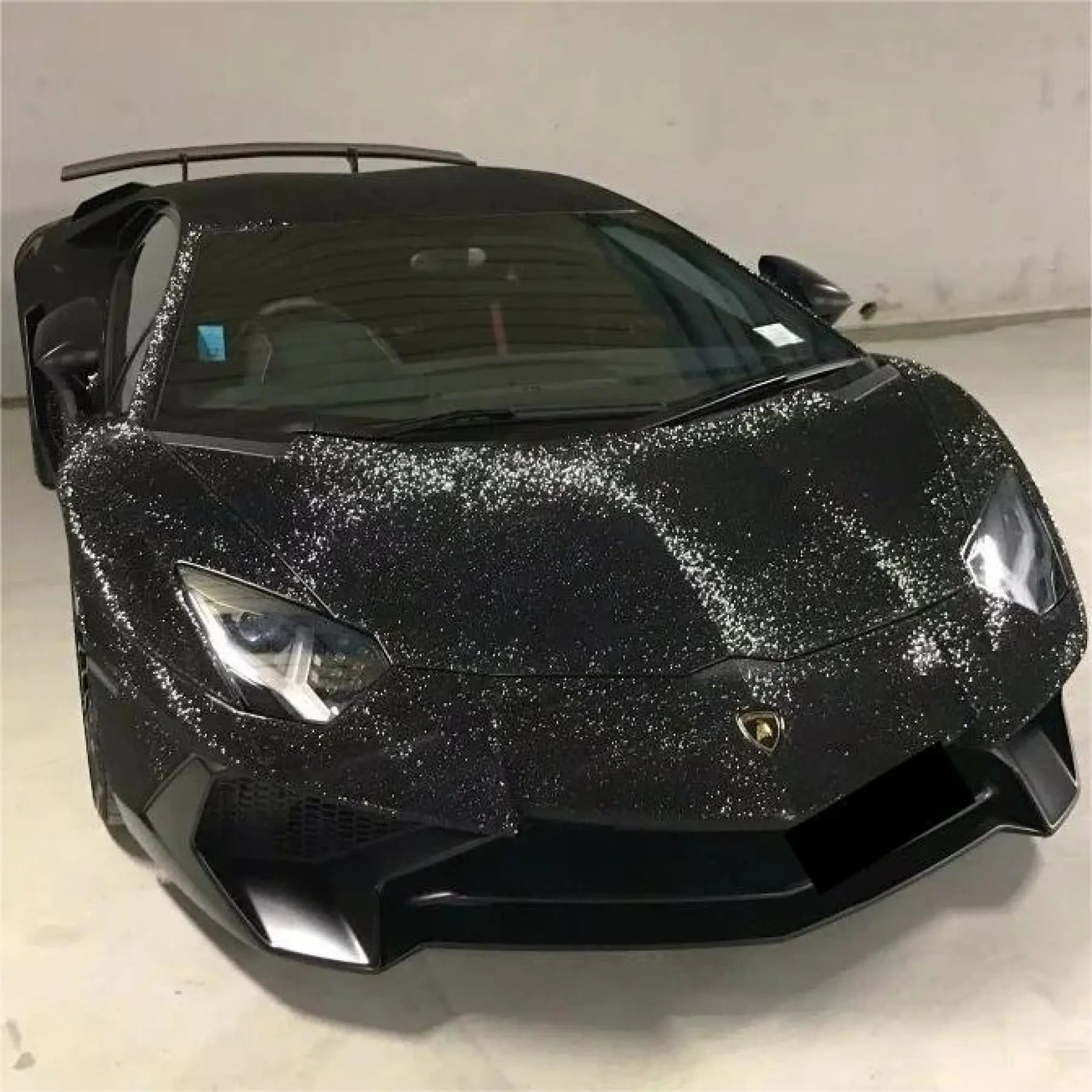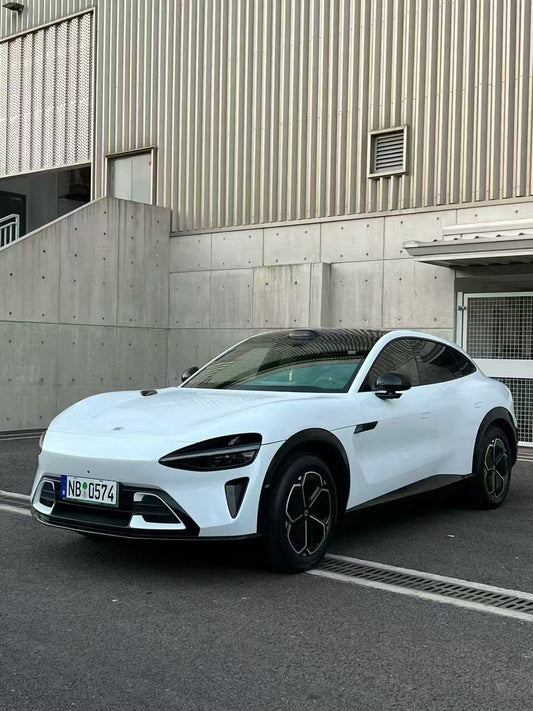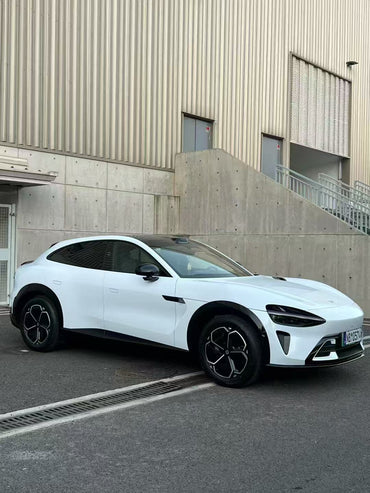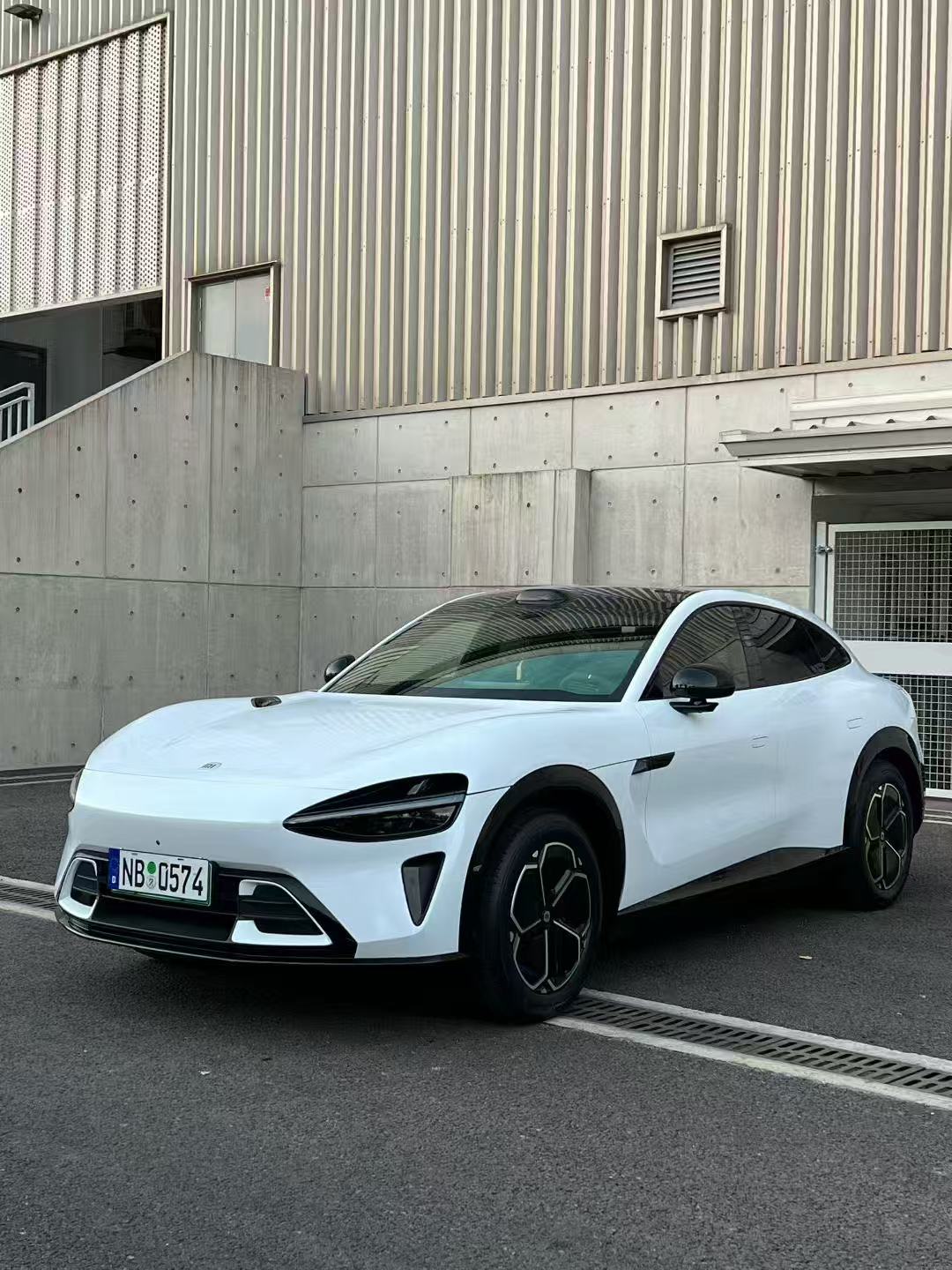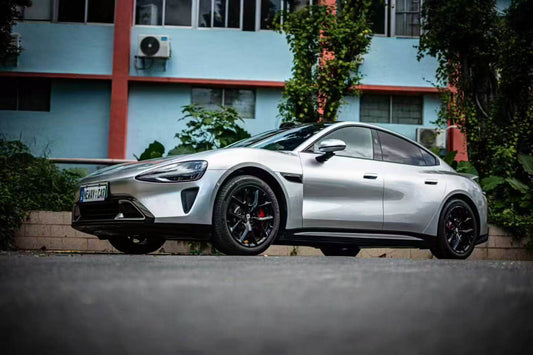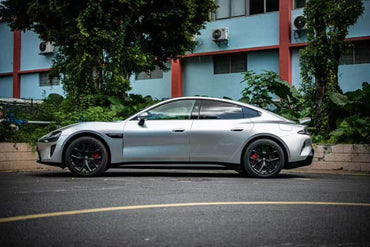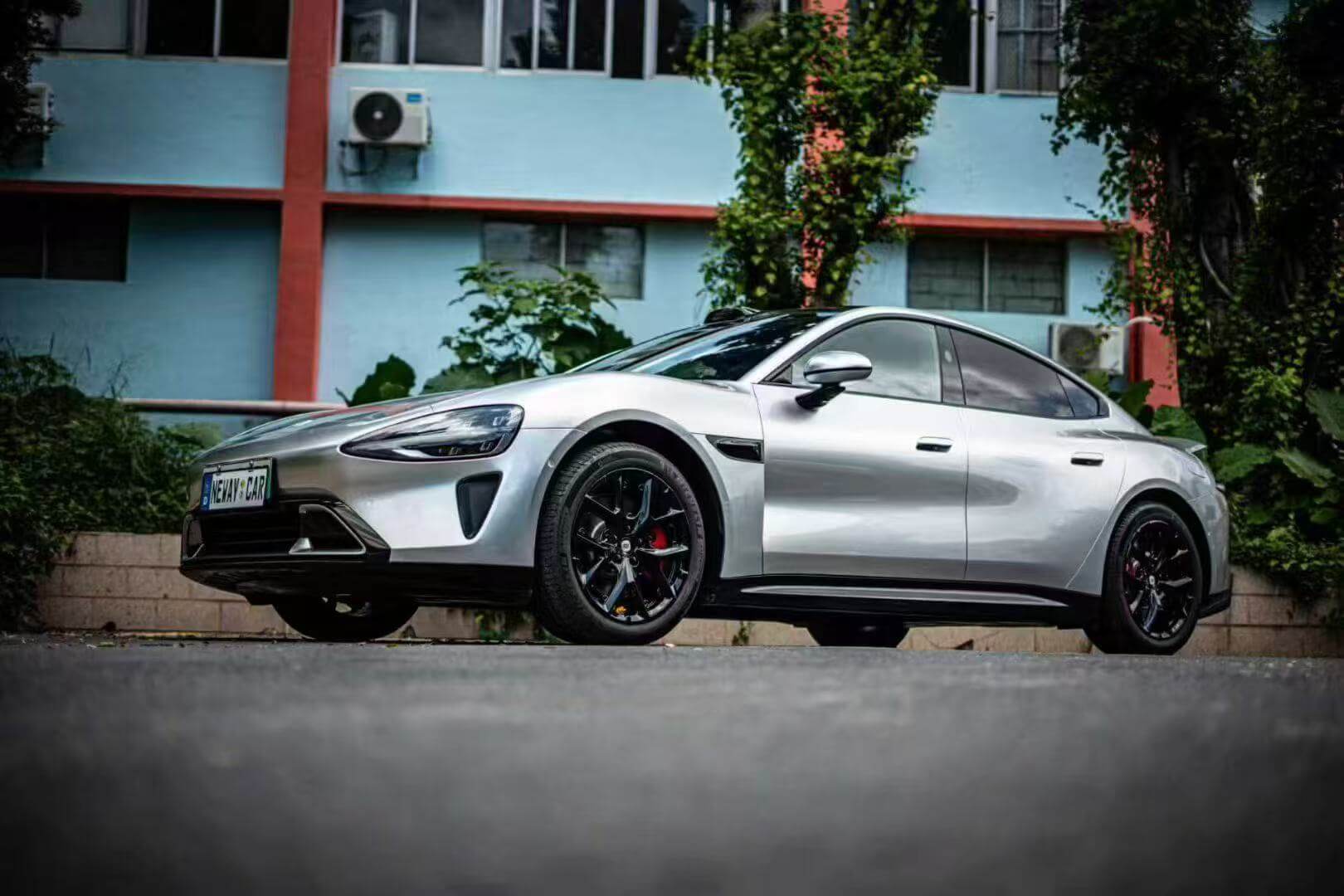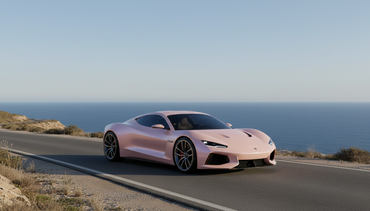Understanding Your Car Wrap Investment
Car wraps can last 5-10 years with proper maintenance, making them a valuable long-term investment for vehicle protection and customization. However, the longevity of your wrap depends heavily on how well you care for it. Regular maintenance not only preserves the appearance but also protects the underlying paint and maintains your vehicle's resale value.
Essential Car Wrap Cleaning Techniques
Weekly Hand Washing: The Gold Standard
Hand washing is the safest and most effective way to clean vehicle wraps. This method gives you complete control over the cleaning process and helps prevent damage that can occur with automated systems.
Step-by-Step Hand Washing Process:
- Pre-rinse Preparation: Start by rinsing your vehicle with clean water using a hose with a spray nozzle to remove loose dirt and debris.
- Choose the Right Soap: Use gentle automotive detergents like 3M Car Wash Soap 39000, Meguiar's NXT Generation Car Wash, or Deep Crystal Car Wash. Always opt for pH-balanced, non-abrasive cleaners.
- Two-Bucket Method: Use two buckets - one for clean suds and one to rinse your wash mitt before returning it to the soap bucket. This prevents dirt particles from scratching your wrap.
- Top-to-Bottom Approach: Always wash from the top of the vehicle downward, using a soft microfiber cloth or automotive sponge.
- Thorough Rinse: Remove all soap residue with fresh water to prevent water spots and residue buildup.
- Proper Drying: Use a silicone squeegee or chamois to remove water, then dry with a clean microfiber cloth.
Automated Car Wash Guidelines
While hand washing is preferred, there are times when automated washes may be necessary. If using drive-through washes, choose touchless or soft-cloth systems and avoid brushes and wax options.
Safe Automated Wash Tips:
- Skip car washes with rotating brushes
- Decline petroleum-based wax treatments
- Choose touchless systems when available
- Use sparingly - not as your regular cleaning method
Pressure Washing Safety
If pressure washing is necessary, keep pressure below 2,000 PSI, use a 40-degree wide-angle spray pattern, maintain water temperature below 140°F, and keep the nozzle at least 12 inches from the vehicle.
Products to Use and Avoid
Recommended Cleaning Products
Safe for Car Wraps:
- pH-balanced automotive shampoos
- 3M Quick Detailer Spray Wax or Meguiar's Ultimate Quik Wax
- Microfiber cloths and soft automotive sponges
- Simple Green or isopropyl rubbing alcohol for spot cleaning
Surface Protection Options: Consider applying carnauba wax, synthetic wax, or paint sealant for additional protection against contaminants like bug splatter, tree sap, and bird droppings. For advanced protection, ceramic coatings provide superior durability and easier cleaning.
Products to Avoid
Never Use These on Car Wraps:
- Products containing alcohol, ammonia, or petroleum distillates
- Abrasive cleaners or rough brushes
- Isopropyl alcohol for general cleaning (spot cleaning only)
- Harsh chemicals or solvents
- Tire dressing (can stain if it splashes on the wrap)
Spot Cleaning and Stain Removal
Immediate Action for Spills
Clean bird droppings, tree sap, and fuel spills immediately to prevent permanent damage. The longer these contaminants remain on your wrap, the harder they become to remove and the more likely they are to cause permanent staining.
Spot Cleaning Process:
- Soak the affected area with warm, soapy water for several minutes
- Gently clean with a soft cloth
- For stubborn stains, use denatured alcohol, 3M Citrus Base Cleaner, or Meguiar's Gold Class Bug and Stain Remover
- Rinse thoroughly and dry with a microfiber cloth
Gas Station Quick Clean
For fuel spills at gas stations, immediately wipe with a wet paper towel, then properly hand wash the area when you get home.
Seasonal Maintenance Tips
Summer Care
UV Protection Strategies:
- Invest in UV-protection film for windows to prevent UV rays from breaking down the wrap over time
- Park in shaded areas whenever possible
- Try to park in garages or under canopies to minimize UV exposure
- Increase washing frequency to 2-3 times per week if exposed to heavy sun
Heat Considerations: Avoid cleaning your wrap when it's hot, as this can distort the material and cause wrinkling. Clean during cooler parts of the day, preferably in shade.
Winter Maintenance
Cold Weather Care:
- When temperatures drop, hand washing becomes more important as automated systems may be too harsh
- Remove road salt and de-icing chemicals promptly
- Heat from the sun can cause vinyl to shrink in cold weather, potentially leading to cracking
- Store vehicles in heated garages when possible
Year-Round Environmental Protection
Excessive exposure to outdoor elements like rain, smog, debris, and road pollutants can degrade wraps, especially on horizontal surfaces like roofs, hoods, and trunk lids.
Environmental Protection Tips:
- Seek covered parking whenever possible
- Increase washing frequency to 2-3 times weekly for vehicles exposed to dirt, rain, or road debris
- Regular inspection for early signs of wear or damage
- Consider seasonal wrap inspection services for comprehensive care
Frequency and Scheduling
Regular Maintenance Schedule
Standard Maintenance:
- Wash at least once per week, or every two weeks for indoor/occasional use vehicles
- Perform maintenance at least every two weeks to prevent dust and dirt buildup
High-Exposure Vehicles:
- Increase to 2-3 times weekly for vehicles exposed to dirt, rain, or road debris
- Daily spot checks for new contamination
- Immediate cleaning of any spills or stains
Long-Term Care Planning
Professional Inspections: Consider scheduling professional wrap inspections every 6 months to identify potential issues early. This proactive approach can prevent minor problems from becoming costly repairs.
Documentation: Keep a maintenance log to track cleaning schedules, products used, and any issues that arise. This information can be valuable for warranty claims and helps optimize your care routine.
Warning Signs and Troubleshooting
Common Issues to Watch For
Discoloration Problems: If your wrap turns brown or rust-colored, this typically results from prolonged exposure to acid from air pollutants due to neglected maintenance.
Edge Lifting: Regular inspection of wrap edges can prevent water infiltration and further damage. Address lifting edges immediately to prevent complete wrap failure.
Fading and Wear: Printed wraps can start to fade in direct sunlight within two years without proper care and maintenance. UV protection and regular care are essential for maintaining vibrant colors.
Advanced Protection Strategies
Ceramic Coatings for Wraps
Ceramic coatings provide superior protection against surface scratches and make cleaning easier by creating a slick surface. While more expensive than traditional waxes, ceramic coatings offer long-term value through easier maintenance and enhanced protection.
Professional Maintenance Services
Consider professional detailing services that specialize in wrapped vehicles. These services often include:
- Deep cleaning with wrap-safe products
- Professional inspection and minor repair
- Application of protective coatings
- Custom maintenance schedules based on your driving conditions
Cost-Effective Maintenance Tips
Budget-Friendly Approaches:
- Invest in quality microfiber cloths and proper wash mitts
- Buy car wash soap in bulk to reduce per-wash costs
- Create a dedicated wrap cleaning kit with approved products
- Learn proper techniques to avoid costly mistakes
DIY vs. Professional Services: While daily maintenance can be handled at home, certain services like ceramic coating application or complex stain removal may require professional expertise.
Environmental Considerations
Eco-Friendly Cleaning:
- Choose biodegradable cleaning products when possible
- Use water-efficient cleaning methods
- Properly dispose of contaminated wash water
- Consider waterless cleaning products for light maintenance
Extending Wrap Lifespan
Best Practices for Longevity:
- Consistent cleaning schedule adherence
- Immediate attention to spills and stains
- Proper storage when possible
- Regular professional inspections
- Quality product selection
By following these comprehensive maintenance guidelines, you can ensure your car wrap investment continues to protect and enhance your vehicle for years to come. Remember, proper care not only maintains appearance but also preserves the underlying paint and maximizes your vehicle's resale value.
External Resources:
- Vehicle Wrap Care Guidelines (3M Official) - Official maintenance guidelines from 3M
- International Window Film Association - Industry standards and best practices
- Wikipedia: Vehicle Wrapping - Comprehensive overview of vehicle wrapping technology


